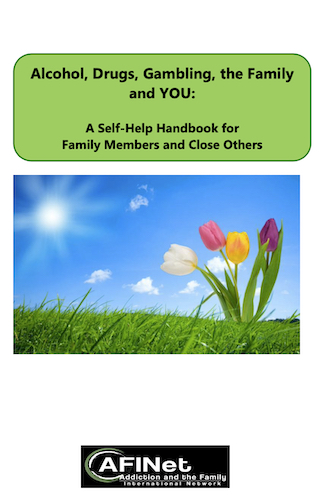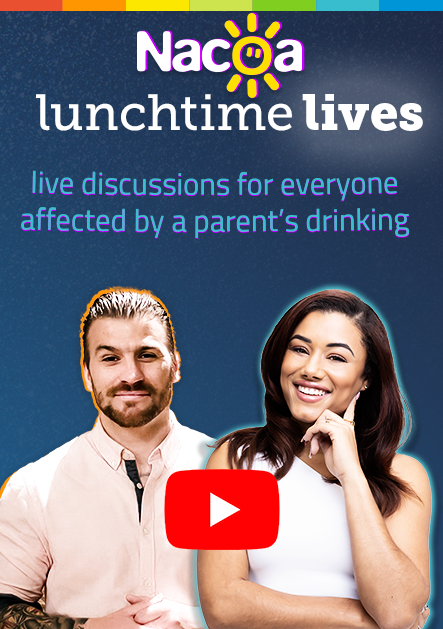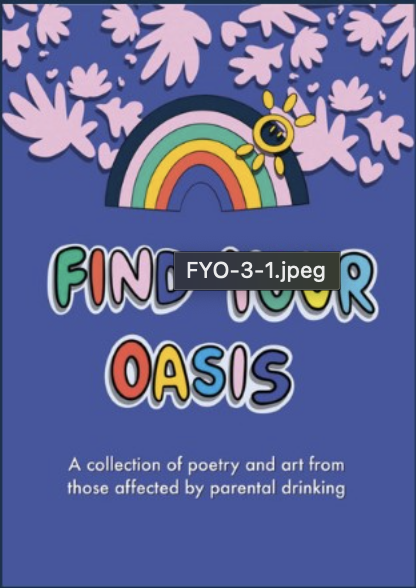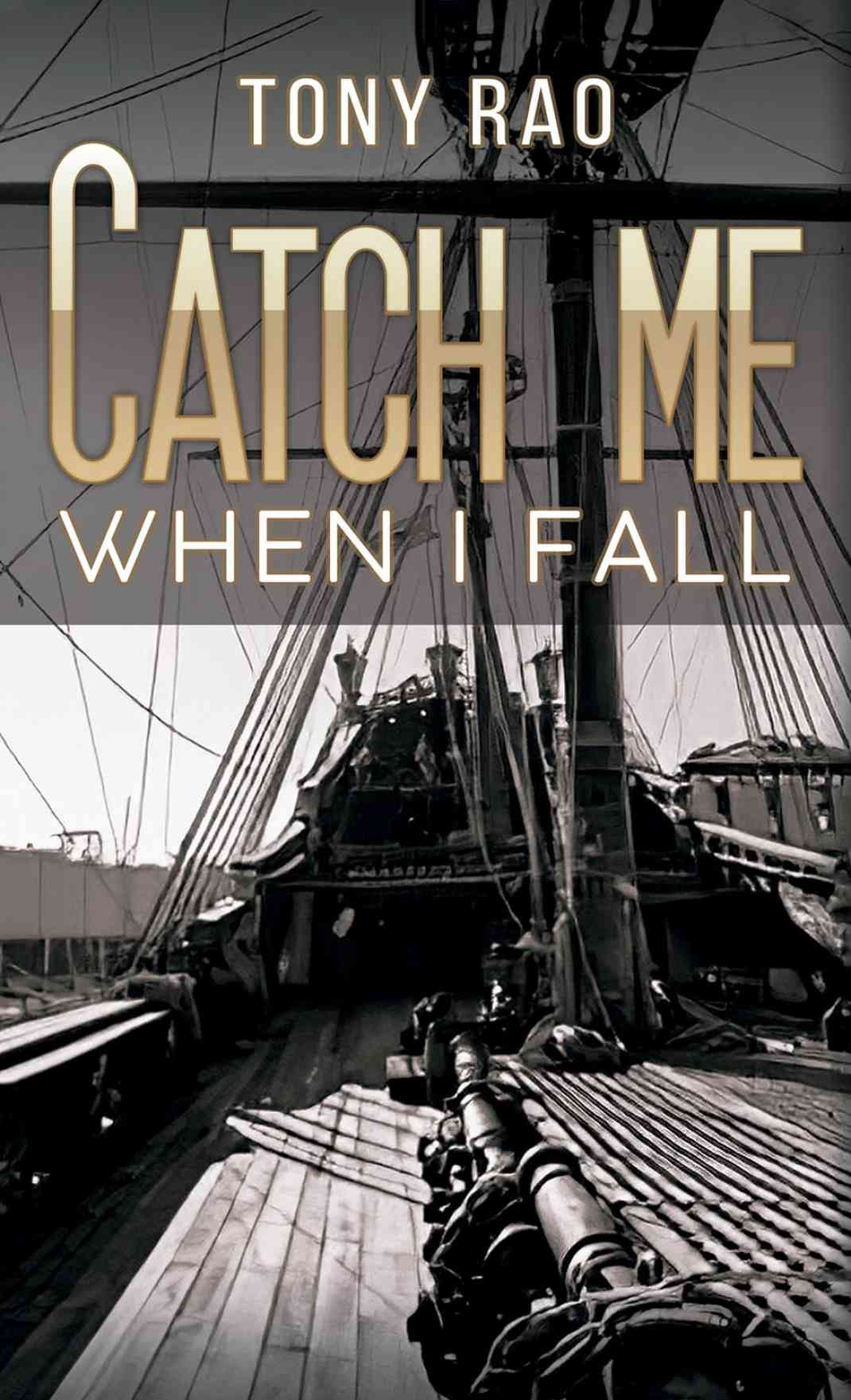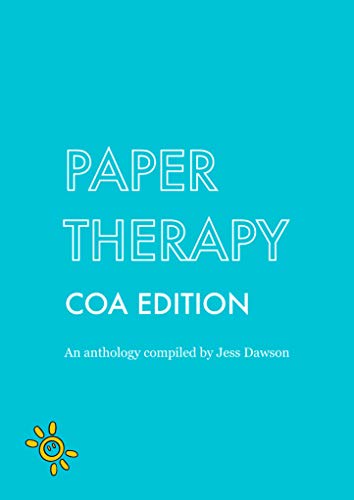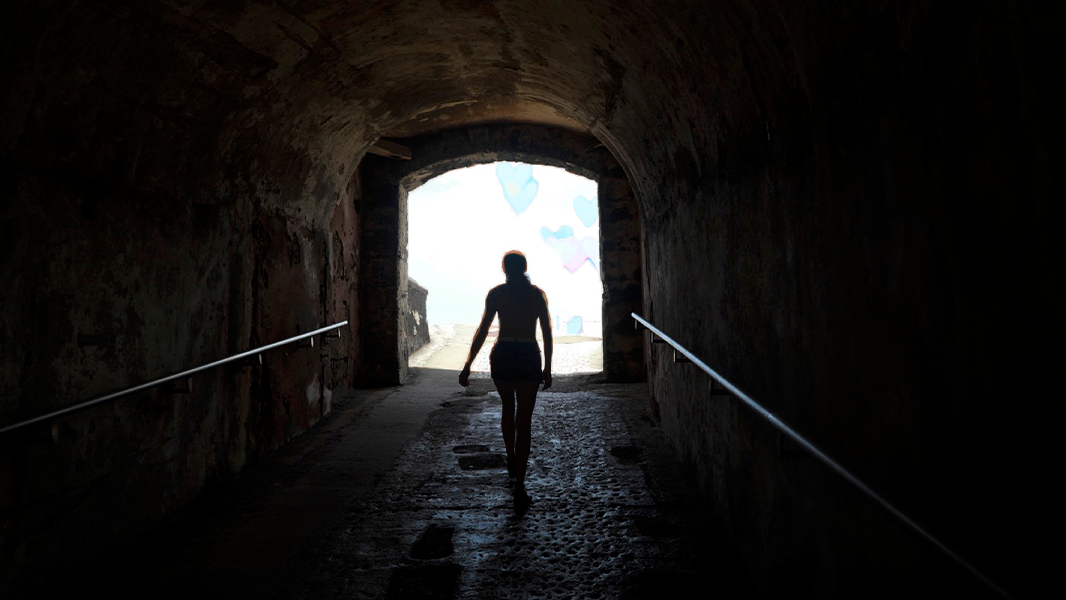
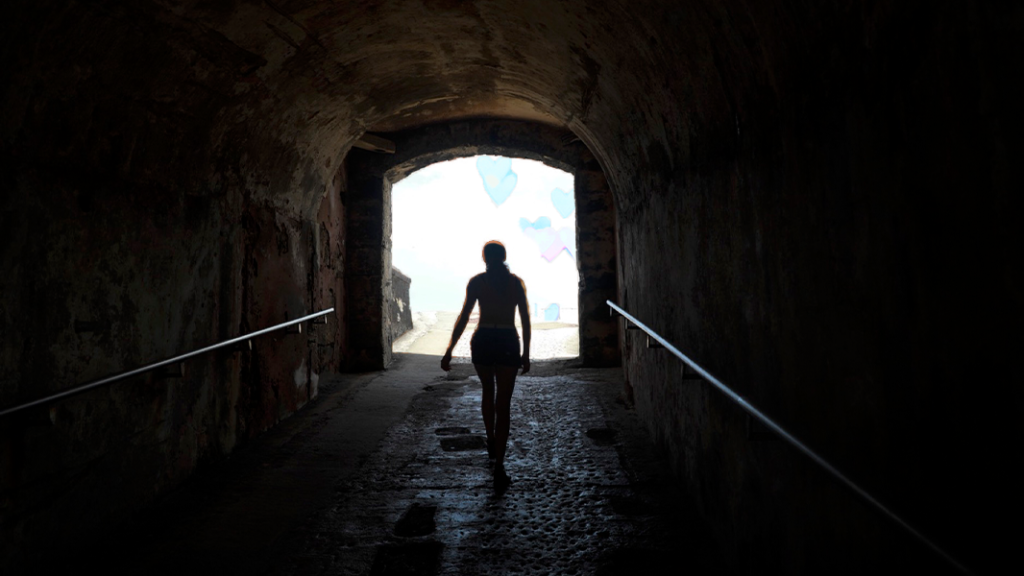
I would just have to hold this secret
How to explain growing up with an alcoholic parent? I have often thought it would be much easier if my father had a cancer, a brain tumour, a stroke – anything that would give us the support we needed from our community but without the taboo and fear of legal repercussions. I hope reading this will help you as much as writing it helped me.
This is the first time I have put a metaphorical ‘pen to paper’, to cement my experience in words. I am still not really ‘allowed’ to openly discuss the trauma stemming from my father’s alcoholism. It is out of protecting my dad but also there is an element of denial. Denial is big part of how all my family have managed to cope and get through life without completely ‘derailing’.
Life was, in so many ways, exceptionally privileged
Some of my earliest memories are my father going to the pub all weekend, my mum frantically cooking and baking trying to create the perfect dinner for when he arrived home so he would be happy. He usually went to the pub fine and would return angry and drunk. As I got older the drinking escalated in both frequency and quantity, and with that came increased hostility and what I came to realise as, abuse. For us it was, and still is, hard to see how much the drinking caused and exacerbated the abuse and his mental illness, and vice versa. I grew up in an upper middle-class family, I went to a private school, life was, in so many ways, exceptionally privileged and comfortable. It wasn’t until I was a teen, I realised my family wasn’t normal.
My life as a child of an alcoholic started when I was 13. My first memory of knowing something was seriously wrong was my drunken dad throwing a carving knife at my mum, who was holding a pack of frozen peas as she had just been choked by my dad, who was screaming that we had ruined his life. We were the devil and he hoped we died. That memory then blurs into another episode, which happened in the same week, of my dad fetching a jerrycan of petrol, pouring on the house, himself, us and trying to find matches. We called the police. 3 police cars, 2 fire engines and an ambulance arrived outside our house in our small village.
From that moment I changed
The police took him to a holding cell. My mum was furious at us for calling the police and exposing our family. My dad, to this day, has never forgiven us. We had to go to school the next day and act like nothing happened. I told a friend, while waiting for chemistry class, what had happened, and being 13 years old I don’t think she understood, and her reaction was to laugh. Just by coincidence that day, in chemistry, we had to watch a video about a father trying to kill his family. It was from that moment I changed, and the barriers came up. I felt people didn’t quite understand my situation and I would have to just hold this secret.
I also felt a strange superiority, that I could cope with school, the normal teenage emotions and this massive serious and heavy secret. The police released my dad ‘no questions asked’, and my mum trapped within her marriage and wanting us to have the ‘best’ life didn’t make any demands.
We had to compartmentalise and detach. The drunken cycles came, and there was a tedious rhythm to my dad’s drunken episodes and abuse. He would drink, he would start shouting at us in a made-up language detached from reality, or shouting that we were the devil, we had ruined his life. He would smash his head against the wall, the door, the floor. He would choke my mum. He would get out the sharp knives and threaten to cut himself, we would plead for him to stop he would cut himself or throw the knife at my mum.
We wouldn’t say a word.
My mum and my sisters would go for a drive in the car and wait or we would all pile into someone’s bedroom and wait. Wait for what? Wait for him to drink himself unconscious. We sometimes would have to stop him choking in a pool of his own vomit as he would lie barely conscious on the floor. An unhealthy shade of mauve, incoherently begging to die. And then the next morning we would go to school and try to have the most normal day and we would come home, and all sit around the dinner table, my dad patched up from last night’s episode, wine in hand and we wouldn’t say a word.
We would have dinner and ignore the previous day. I won’t and can’t detail all the traumatic episodes and feelings. But to cope like many children of alcoholics, I lived two lives I had to detach when I went to school, and when I came home, even when things were fine, we were always on eggshells, and this is hard to explain to those you aren’t in the position. Even the good days you worry.
I lived two lives
With more abuse, my mum became depressed and suicidal. Aged 16/17 I was acting as the parent of my younger sister, an experience which I did not process until I went to university. There I had space to breathe. I became the out-of-control girl that would drink and sleep whichever guy I could. I can’t even remember every one. It was not until I became too attached and out of control with someone I liked, and they were, to put it mildly, totally freaked out, I realised that I had lost control. I signed up to university therapy and it made me confront my feelings and it has allowed me to have a stable secure and healthy relationship.
But in therapy and confronting a decade of trauma and suppressed feelings, I lost a part of myself. And I know I need to go back to therapy and I will have to go on and off for the rest of my life. After therapy I am quieter now, I worry. I am hyper vigilant; I cannot sit at a restaurant without my back to the wall or without seeing the exit. I often panic about being trapped in supermarkets or transport, I worry every day I will die. I suffer from binge eating disorder. I need to rediscover the fun-loving carefree person I was.
The guilt I experience is overwhelming
I do catch myself thinking it would be so much easier in many ways if my father died and then I have to stop myself because I love him and the guilt that I experience from thinking that is overwhelming. As I’ve grown up, I’ve seen alcohol take my handsome charming loving father and turn him into a much older man who sits at home drinking all day with health issues, alcoholic shakes, a rotting oesophagus due to alcoholic acid reflux, essentially bound to the house and I feel guilt and extreme sadness for him.
My friends ask me, ‘Doesn’t he want to get help? Don’t you want him to get help?’. Right now, as a 25-year-old, I can say decisively I don’t want him to confront his drinking, his mental illness and his own childhood abuse. I know he would not be able to confront his actions and still live. I love my father deeply; he is a wonderful human that does love us with all his heart, but he is ill. It now makes me sad to see as living with that amount of repression of guilt and sadness is no way to live.
I struggle still. I struggle with my eating, I struggle to feel self-worth, I struggle to be carefree, but I am more accepting. I am learning to let go of the resentment and guilt, I am learning to put my life first. I struggle but I’m happier. Being a child of an alcoholic will have a lifelong impact, but it is what you make of it. It has given me a strength, an empathy and a deep capacity to love and care. I am proud of who I am and I would not want to swap those traits for anything.
Eve
For more experience stories, find Support & Advice.











































































